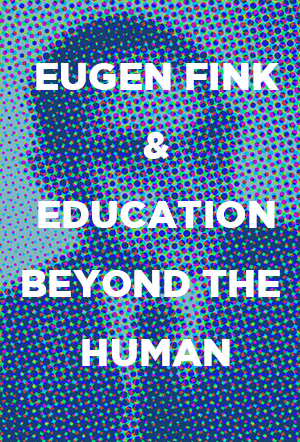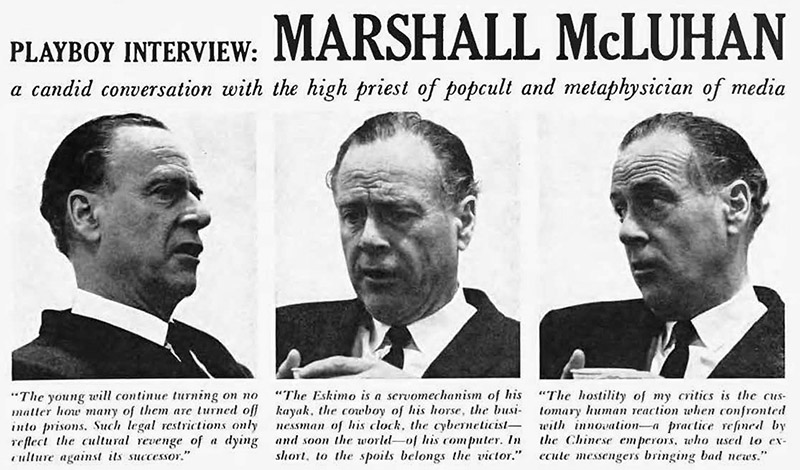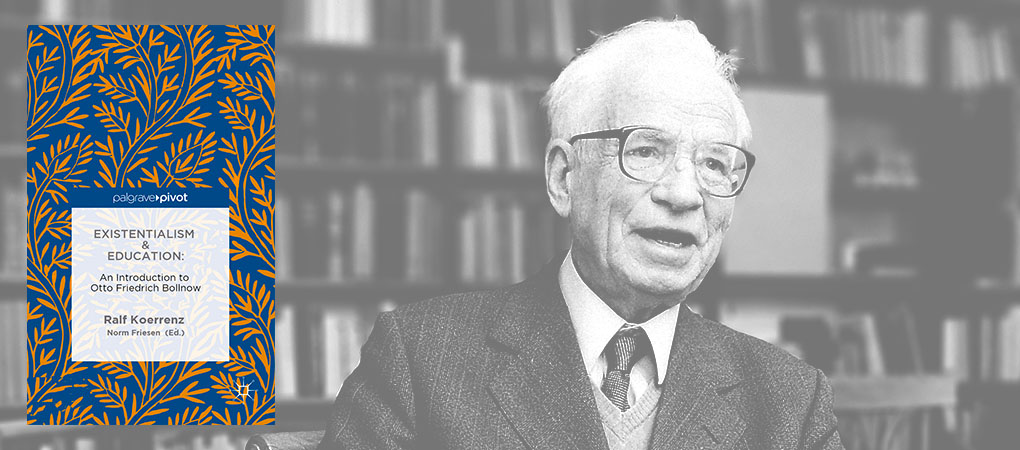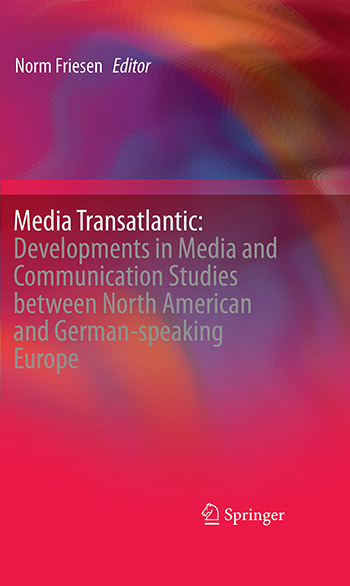Pedagogical tact has been a topic of significant international interest in educational discourse since it was initially defined by J.F. Herbart in 1802—specifically as a “quick judgment and decision” able to address “the true requirements of the individual case.” This paper begins by tracing the conceptual roots of pedagogical tact in Kant’s description of “logical tact” from 1789, and brings these into connection with more recent accounts, particularly those that stress importance of reserve, of holding back for the sake of the student’s independence. Continue reading
-
Recent Posts
Recent Comments
Archives
- August 2017
- March 2017
- January 2017
- December 2016
- November 2016
- October 2016
- June 2016
- May 2016
- February 2016
- August 2015
- July 2015
- March 2015
- January 2015
- November 2014
- August 2014
- May 2014
- April 2014
- February 2014
- December 2013
- November 2013
- October 2013
- September 2013
- August 2013
- July 2013
- June 2013
- May 2013
- April 2013
- March 2013
- February 2013
- January 2013
- December 2012
- November 2012
- October 2012
- September 2012
- August 2012
- July 2012
- June 2012
- May 2012
- April 2012
- March 2012
- February 2012
- January 2012
- December 2011
- November 2011
- October 2011
- August 2011
- July 2011
- June 2011
- May 2011
- April 2011
- March 2011
- February 2011
- November 2010
- September 2010
- August 2010
- June 2010
- May 2010
- March 2010
- February 2010
- January 2010
- December 2009
- November 2009
- October 2009
- September 2009
- August 2009
- May 2009
- March 2009
- February 2009
- November 2008
- October 2008
- September 2008
- May 2008
- November 2007
- October 2007
- August 2007
- July 2007
- May 2007
Categories
- Bernhard Waldenfels
- Bildung
- Bollnow
- Critical Theory
- Friedrich Kittler
- History
- Klaus Mollenhauer
- Learning
- Lecture
- Ludwig Wittgenstein
- Marshall McLuhan
- Martin Heidegger
- Media Theory
- Michel Foucault
- Open Ed
- Pädagogik
- Phenomenology
- Presentation
- Slider Images
- Students
- Textbook
- The Self
- Uncategorized
- Writing
Meta







